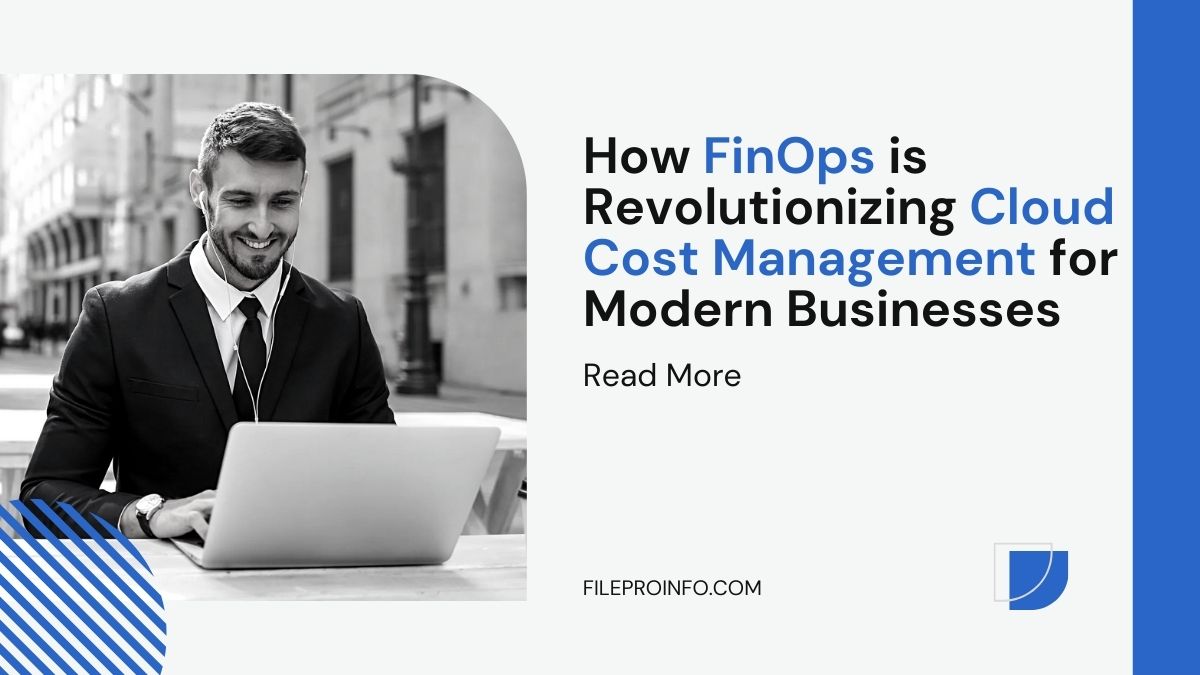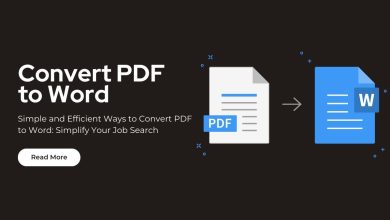
Cloud services have become a significant element within the business environment that supports organizational activities, data storage, and applications. The cloud provides almost limitless versatility and can quickly scale up or down with little to no issues; however, flexibility comes with a price tag and has its own set of problems that can quickly get out of hand. This is where Financial Operations or FinOps comes into play, changing how today’s companies approach cloud costs. FinOps offers companies the awareness and management necessary for cloud cost management and achieving better ROI on cloud solutions by linking financial responsibility to cloud operation.
How FinOps Transforms Cloud Cost Management
FinOps alters how businesses approach cloud cost management in several ways, disrupting how they engage with cloud resources. Monitoring is one of the main FinOps processes that must be carried out in real time. Organizations can use tools and dashboards to gain insight into cloud expenses, monitor usage, and identify potential savings. It enables business organizations to make the right decisions since utilizing cloud services is not a case of guessing but rather a well-planned event.
In addition to monitoring in real-time, FinOps allocates and charges costs. Initially, the cloud was treated as a fixed capital expenditure, implying that the cloud service cost was a one-time expense, and it was not easy to ascertain which organization’s department or project was costly. FinOps also brings cost charging, the cost assigned per team, application, or project. This level of detail makes businesses understand their cloud spending from a more profound perspective and allows a culture of financial responsibility. With the new structures in place, there is a higher probability that teams will be conscious of their cloud usage and its corresponding costs and, therefore, avoid wastage.
By diving deeper into FinOps strategies, businesses can gain a competitive edge in managing cloud costs effectively. For those interested in exploring more ways to optimize cloud expenses, consider exploring additional content.

What is FinOps and Why is It Important?
As the name suggests, FinOps is a portmanteau of finance and ops and, therefore, a partnership in managing cloud costs. In the historical IT setting, the finance teams had known cost functions with standardized equipment, software, and maintenance costs. However, the transition to the cloud is based on the variable, consumption-based pricing models, which only complicate cost tracking, prediction, and management. This is an area that FinOps tackles because it requires a continuous cross-functional approach to cloud cost optimization.
The value of FinOps is in real-time visibility into cloud consumption and costs, which allows organizations to make decisions. To that end, with FinOps practices, it is possible to address the cost, speed, and quality trade-offs while encouraging cost accountability across the organization.
Collaboration and Cross-Functional Decision-Making
One other important area of FinOps is the cross functional alignment particularly the finance, operation and engineering departments. Cloud cost management is not longer a domain of the finance department only: it is a collaborative effort between IT and the business units which actually use the cloud services. FinOps cultivates collaboration and makes engineers more aware of costs when deploying applications and makes the finance teams understand the technology used in cloud computing.
FinOps teams use meetings and review sessions to review the spending data, discuss the optimization, and define goals. This approach provides a common ground through which organizations can easily negotiate the dynamics of cloud utilization, plan for the budgetary requirements and even enforce cost reduction strategies.
Why Modern Businesses Should Embrace FinOps
Since cloud infrastructure is the foundation of present-day business processes, there is no question that controlling cloud costs is both possible and necessary. This is where FinOps comes in as a framework that helps companies get hold of their cloud spend and make their cloud spending more effective. In this way, FinOps helps organizations to build the financial accountability culture, include more functions in the decision-making process, and stay as flexible as possible in the conditions of the current digital transformation.
FinOps is not an anti-pattern; it is a set of principles that allow companies to master the cloud computing domain. It is important to note that FinOps, as a discipline, is still in its early stages and will only adapt to the development of the cloud technologies it serves and the practices and tools that are connected with it.
Finally, FinOps is changing the way companies address cloud cost management and is turning into an innovative function rather than a reactive one. Through FinOps, organizations can actually manage their cloud expenditure, increase value, and attain sustainable financial prosperity.




